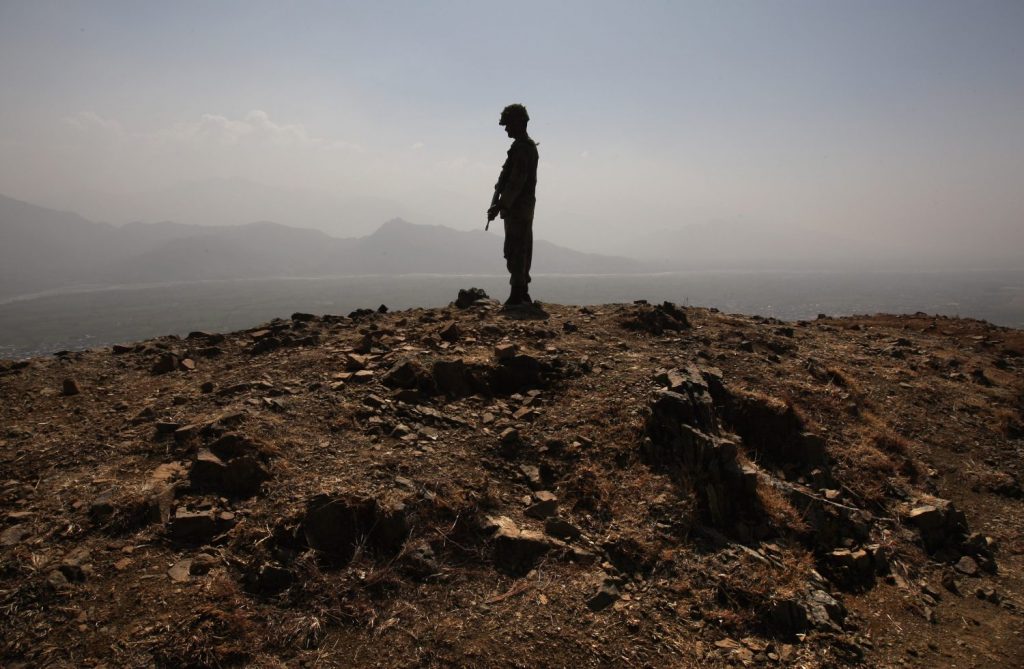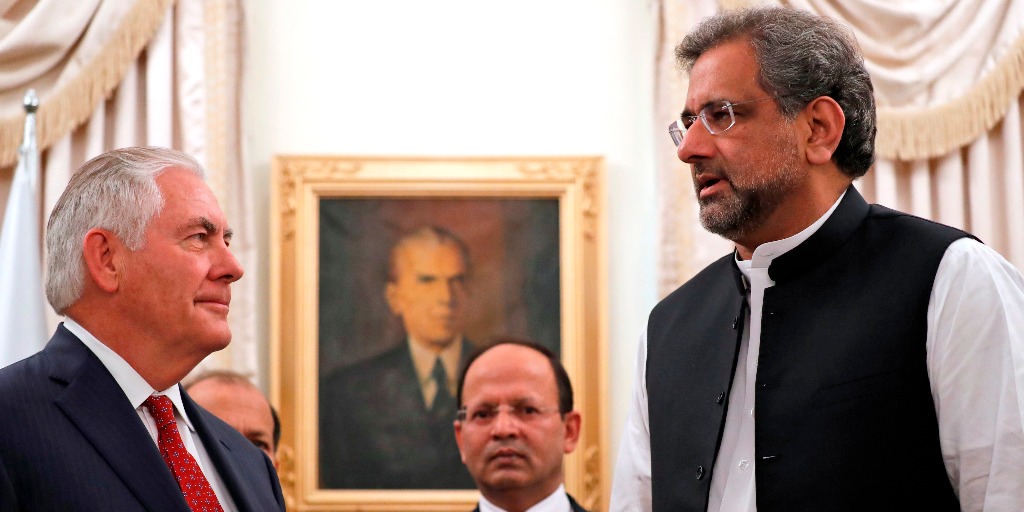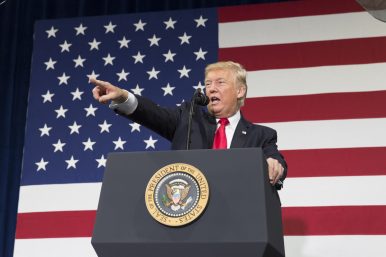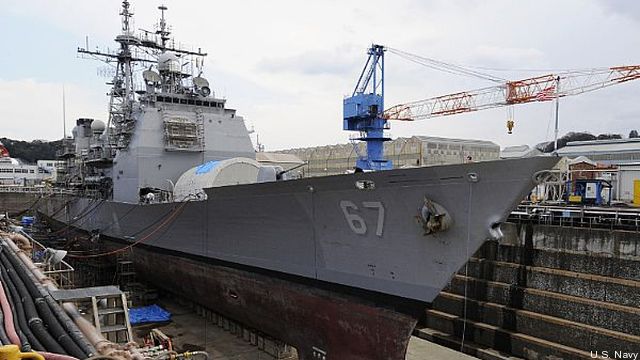By Pratap Bhanu Mehta
 The vigour of PM Narendra Modi’s travels can barely disguise the fact that in terms of India’s security objectives, he is looking very weak indeed.
The vigour of PM Narendra Modi’s travels can barely disguise the fact that in terms of India’s security objectives, he is looking very weak indeed.
India finds itself increasingly cornered into a strategic cul-de-sac. Even as its diplomacy expands, its political options seem to decrease; even as it reaches out to look east and look west, the strategic space to address its core concerns does not seem to be expanding; and even as its bluster about a strong state grows, doubts about its military capabilities are growing equally louder. So, paradoxically, India finds itself in this position that even as it is globally recognised, it looks more helpless in its own backyard.












/arc-anglerfish-arc2-prod-mco.s3.amazonaws.com/public/4NF4UXCTHFG2PEPYO4OZTC3H7I.net635690229902729510)


/arc-anglerfish-arc2-prod-mco.s3.amazonaws.com/public/O4APH5ZY65CAXFTLXMQBVHX3EQ.jpg)